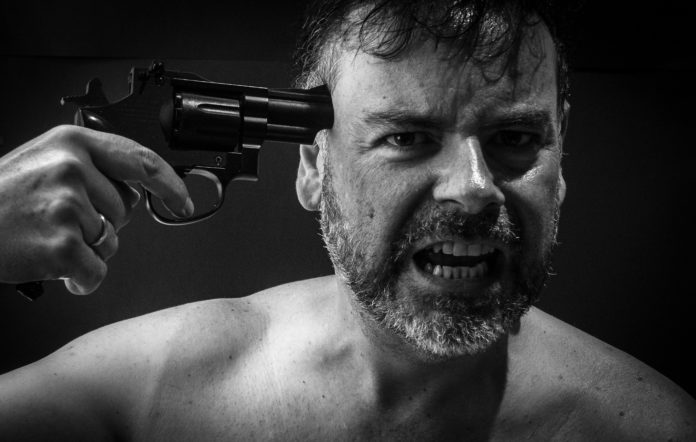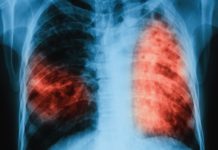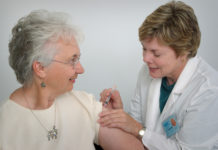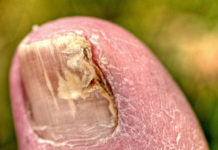
Celebrities have come out and spoken about their own battles, yet depression remains poorly understood
Two back to back celebrity suicides have shone the spotlight once again on depression.
Days after designer Kate Spade was found dead, American chef Anthony Bourdain too was found dead in his hotel room. Both had chosen to take their own lives by hanging. In fact, an article in the New Yorker hypothesised about the possibility of Bourdain having read about the Spade suicide and also decided to do the same thing. There was, it says, a definite spike in suicides after actor Robin Williams killed himself.
Tragic and preventable as suicides are though, more worrying that the act of killing oneself is the underlying mental illness that often triggers one to do it. Both Spade and Bourdain had struggled with depression. Closer home our very own Deepika Padukone had talked about her own battles with depression.
Yet depression remains one of the most under treated conditions primarily because of people’s reluctance to talk about it or to seek medical help for it. Visiting a psychiatrist still remains a taboo for large swathes of India and the fine line between any mental illness and insanity is conspicuous by its absence in public understanding/discourse. Which is perhaps why there is a glut of depression related research.
What is depression?
 The National Institute of Mental Health defines depression as: “Depression (major depressive disorder or clinical depression) is a common but serious mood disorder. It causes severe symptoms that affect how you feel, think, and handle daily activities, such as sleeping, eating, or working. To be diagnosed with depression, the symptoms must be present for at least two weeks.”
The National Institute of Mental Health defines depression as: “Depression (major depressive disorder or clinical depression) is a common but serious mood disorder. It causes severe symptoms that affect how you feel, think, and handle daily activities, such as sleeping, eating, or working. To be diagnosed with depression, the symptoms must be present for at least two weeks.”
What causes depression is slightly less understood. Some say depression is in the genes – some people are more prone than others and something as apparently innocuous as acne can trigger depression.
What causes depression is slightly less understood. Some say depression is in the genes – some people are more prone than others and something as apparently innocuous as acne can trigger depression.
What are the symptoms of depression?
While the symptoms of depression may be varied, it is important to understand feeling low on an odd day does not count as depression. The symptoms include:
- Persistent sad, anxious, or “empty” mood
- Feelings of hopelessness, or pessimism
- Irritability
- Feelings of guilt, worthlessness, or helplessness
- Loss of interest or pleasure in hobbies and activities
- Decreased energy or fatigue
- Moving or talking more slowly
- Feeling restless or having trouble sitting still
- Difficulty concentrating, remembering, or making decisions
- Difficulty sleeping, early-morning awakening, or oversleeping
- Appetite and/or weight changes
- Thoughts of death or suicide, or suicide attempts
- Aches or pains, headaches, cramps, or digestive problems without a clear physical cause and/or that do not ease even with treatment
(Source: NIMH)
Treatment
It is precisely because depression is complicated and may be triggered by myriad reasons that it is important to seek professional help for depression. Treatment would mean not just symptomatic relief through medication but also in some cases counselling to equip the patient better with whatever it is that is causing it. Sometimes depression is caused by a physical affliction – for example a person suffering from cancer may be more susceptible to depression.














Thanks a bunch for sharing this with all folks you actually
realize what you are speaking about! Bookmarked. Please additionally visit my site =).
We may have a link exchange contract among us
Comments are closed.